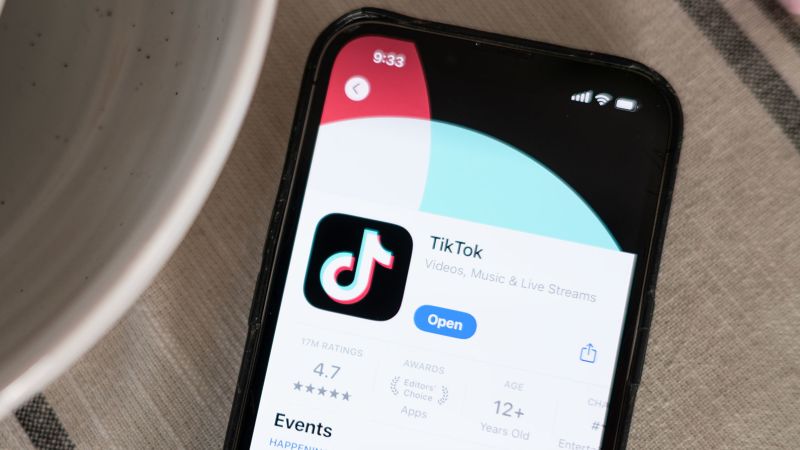
President Biden's recent signing of a law calling for the forced sale or ban of TikTok in the United States has sparked a legal war between the social media platform and the US government. The Chinese-owned app, which boasts 170 million U.S. users, has previously managed to fend off ban attempts based on First Amendment rights but now faces another challenge due to concerns over data collection and shaping American beliefs.
ByteDance, TikTok's parent company, denied plans to sell the social media platform on Thursday despite the impending ban. The Chinese government has also remained silent on the issue. However, under U.S. law, TikTok is forced to find a new owner within months or be banned from the United States entirely.
The controversy surrounding TikTok's potential sale or ban is not new; concerns over data security and national security have been raised since 2020 when the Trump administration attempted to ban the app. The Chinese government's National Intelligence Law requires any organization or citizen to support, assist and cooperate with national intelligence work, raising questions about TikTok's allegiance.
The impact of a potential TikTok ban on American users and businesses could be significant. The app has been a popular platform for marketing, entertainment, and social connection for many Americans. A ban would also have implications for the youth vote as TikTok is particularly popular among younger generations.
As the legal battle unfolds, it remains to be seen how this will affect American speech freedoms in the internet age and whether TikTok will be able to find a buyer that can meet U.S. national security concerns while also respecting the First Amendment rights of its users.

